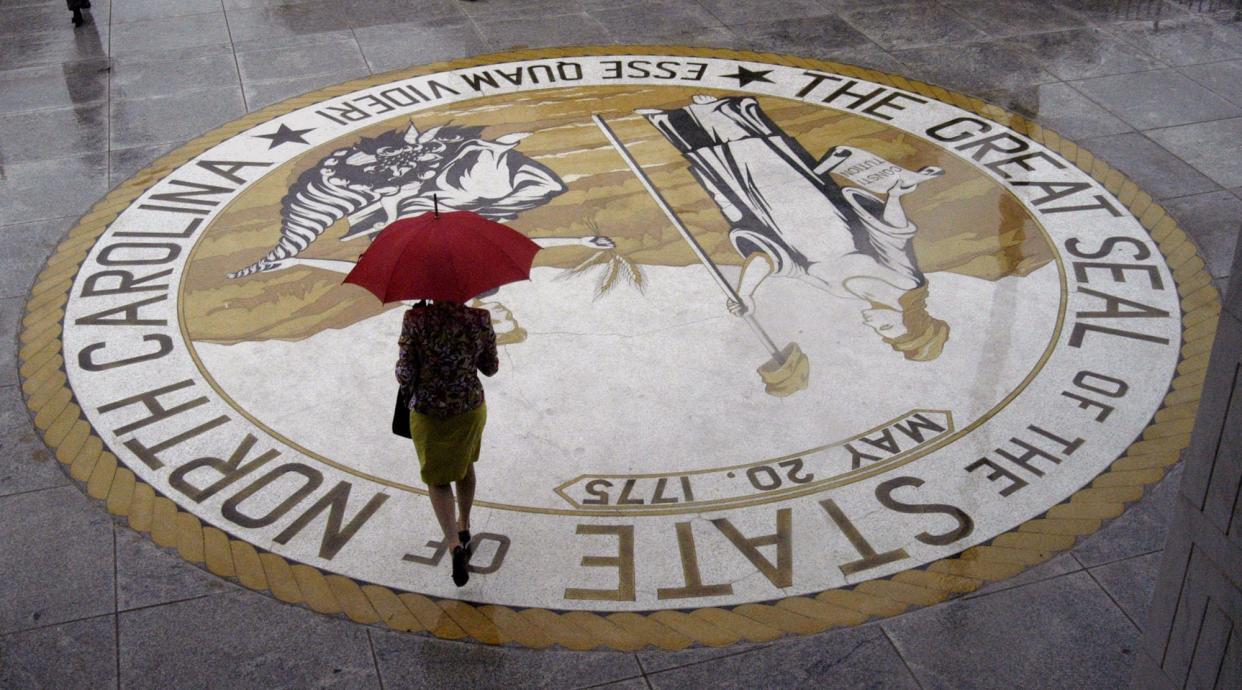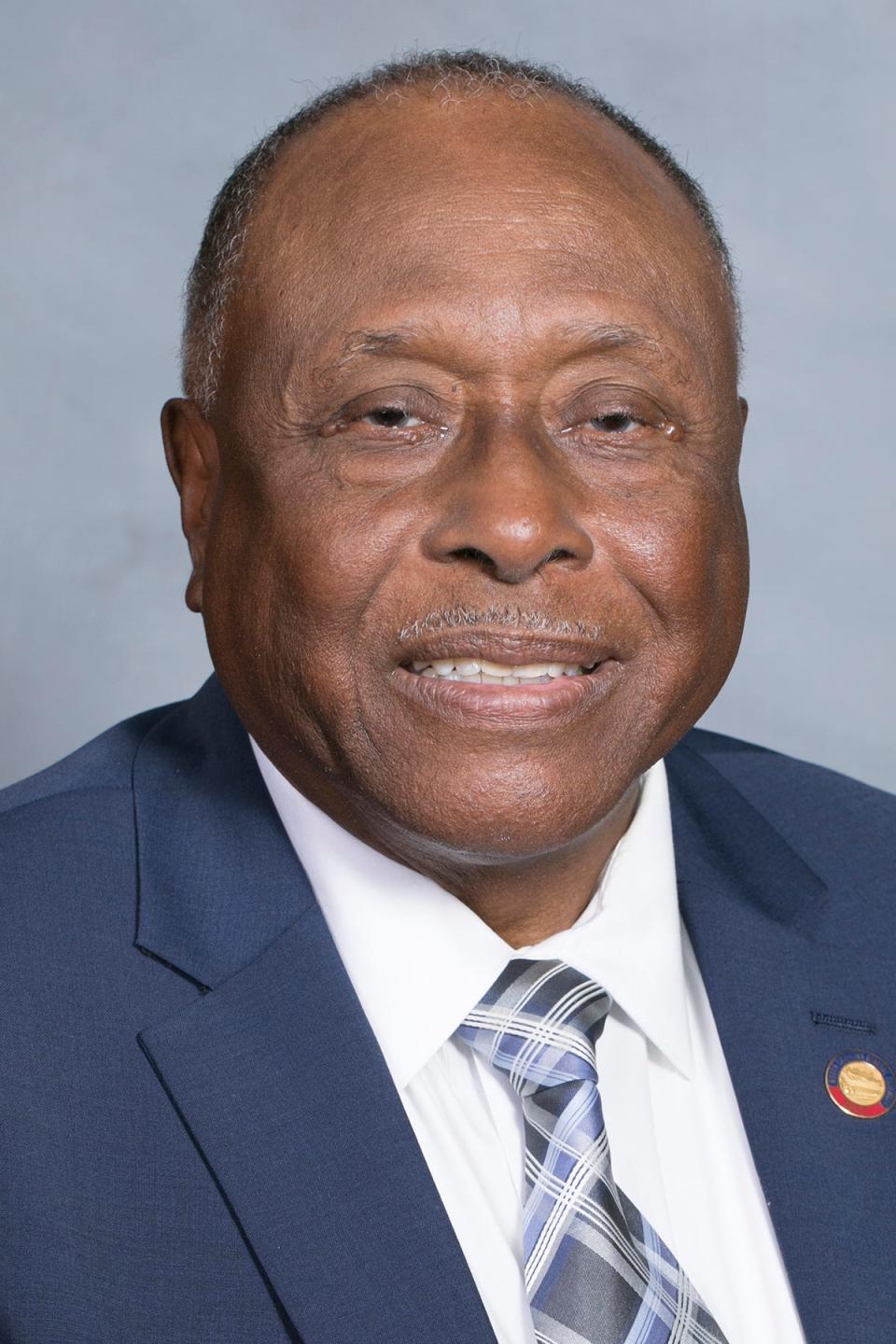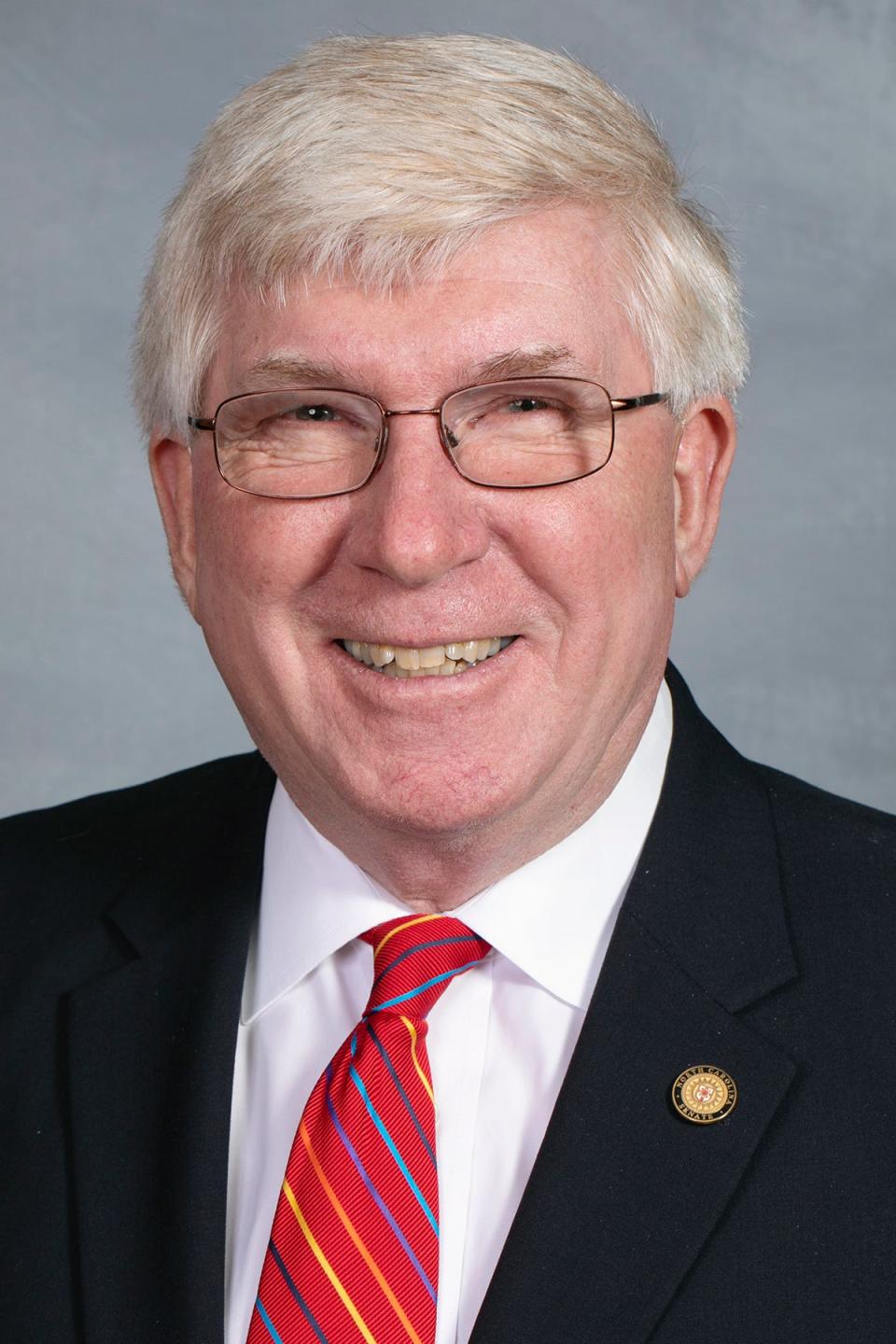Abortion, gambling, marijuana and shot-up power stations — new NC laws on the horizon

North Carolina may loosen its laws on gambling and marijuana this year, but toughen abortion restrictions.
And following the attack on the power transmission stations in Moore County in December that knocked out electricity for tens of thousands of people for days, lawmakers will consider new laws to crack down on anyone who causes such damage, and whether to impose laws to have power companies increase the security of these facilities.

Those are some of the big topics the North Carolina General Assembly is expected to take up in 2023, according to interviews with Republican Sen. Tom McInnis of Moore County and Democratic Rep. Marvin Lucas of Cumberland County.
The lawmaking gets started on Wednesday when the legislature convenes to get down to business following its election of its officers two weeks ago.
Here are some things to look for:
Abortion — how much will it be curtailed?
North Carolina law allows abortion through the 20th week of fetal gestation. The 20-week limit was unenforceable until last summer when the U.S. Supreme Court issued the Dobbs decision that overturned its 1973 Roe v. Wade ruling that had legalized abortion nationwide.
Now lawmakers in the legislature’s Republican majority want to crack down.
How far will they go?
The Associated Press has reported that a ban after the first trimester of pregnancy, about 12 to 13 weeks, has been discussed by legislative leaders. This would have exceptions allowed later for incidents of rape or incest, or if the pregnancy threatens the mother’s life.
Any new restriction is likely to be vetoed by Democratic Gov. Roy Cooper.
The veto would be followed by veto-override votes. The Republicans have a veto-overriding supermajority in the Senate. In the House, the GOP is one vote short of the minimum needed to override, but Republicans could override if one persuadable Democrat joins them, or if at least two Democrats are absent while all Republicans are present.
Medical marijuana
A Republican-sponsored to legalize the use of marijuana for medicinal purposes passed the state Senate last year. But the bill, called the Compassionate Care Act, got no hearings in the House.
Look for lawmakers to try again.
Meanwhile, the Cherokee Indians in the North Carolina mountains are in the process of offering legal sales and use of medical marijuana within their tribe’s sovereign territory.
Learn more:Cherokee council OKs NC legislature talks on medical marijuana market
Sports gambling — what are the odds?
Outside of the western North Carolina casinos operated by American Indian tribes, betting on professional sports is illegal in this state.
The legislature came close to legalizing betting on professional sports events statewide this past June, but the bill failed 50-51 in the House. The topic is expected to return.
Protection for electrical power stations
Saboteurs shot up two electric substations in Moore County in December, heavily damaging the equipment and knocking out power for more than 40,000 homes, businesses and other locations. It took four days for Duke Energy to restore power — and even then, not all the equipment had been replaced or repaired.

The attack outraged McInnis.
He said he will run bills to toughen the penalties for people who damage substations and to increase the security of the substations.
Medicaid expansion — health care for lower income people
Republican lawmakers used to oppose offering the government-funded Medicaid health insurance to several hundred thousand North Carolinians who don’t have health insurance.
These residents earn too much money under current laws to receive Medicaid, yet at the same time are considered by law to be too poor to be allowed to buy health insurance at a low cost via the Affordable Care Act (which is commonly called Obamacare).
This “Medicaid gap” was created by the U.S. Supreme Court in a 2012 ruling that canceled part of the Obamacare law that had required the states to provide Medicaid to that group of people.
Republican leaders now say they want to expand Medicaid, but they have not been able to work out details among GOP lawmakers and the Democrats.
The debate on how to make it happen is expected to continue this year.
Senior North Carolina reporter Paul Woolverton can be reached at 910-261-4710 and pwoolverton@gannett.com.
This article originally appeared on The Fayetteville Observer: Abortion, sports betting, medical marijuana on NC lawmakers’ agenda

